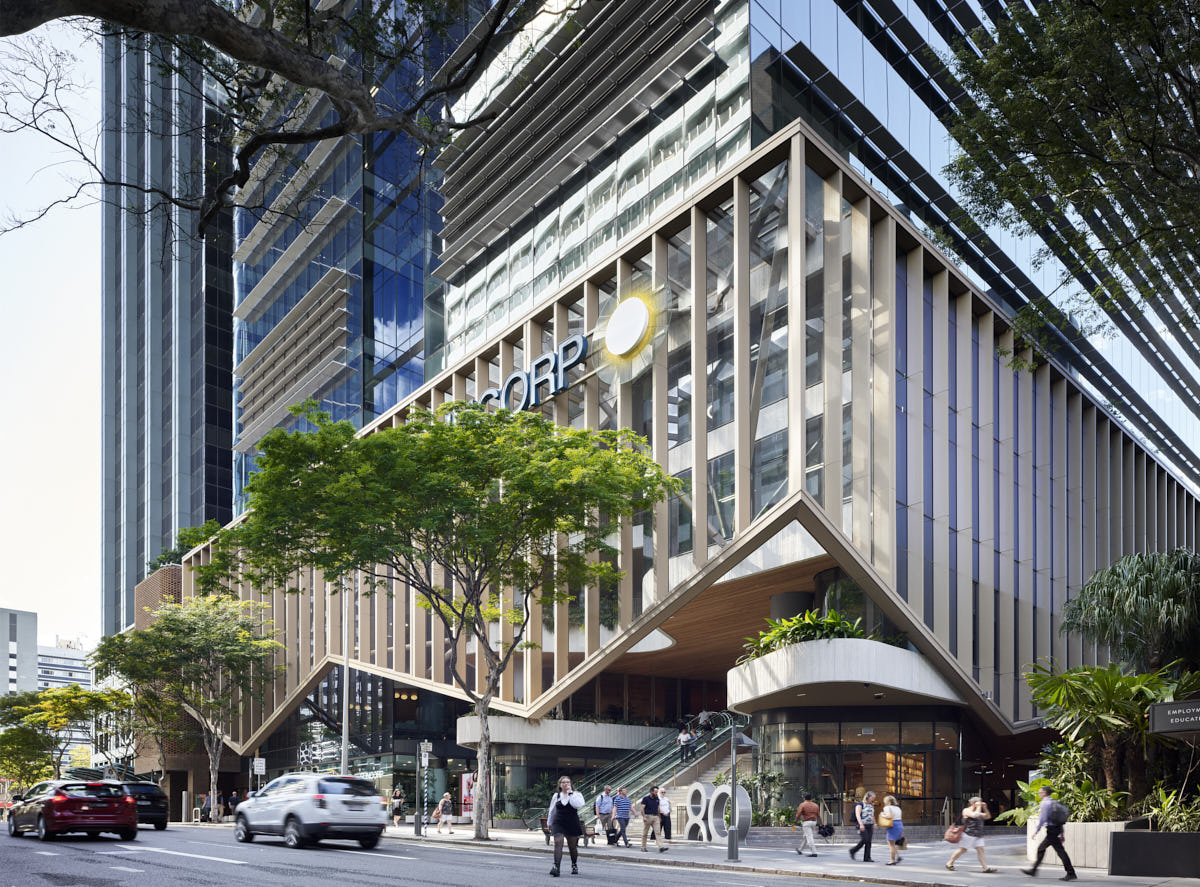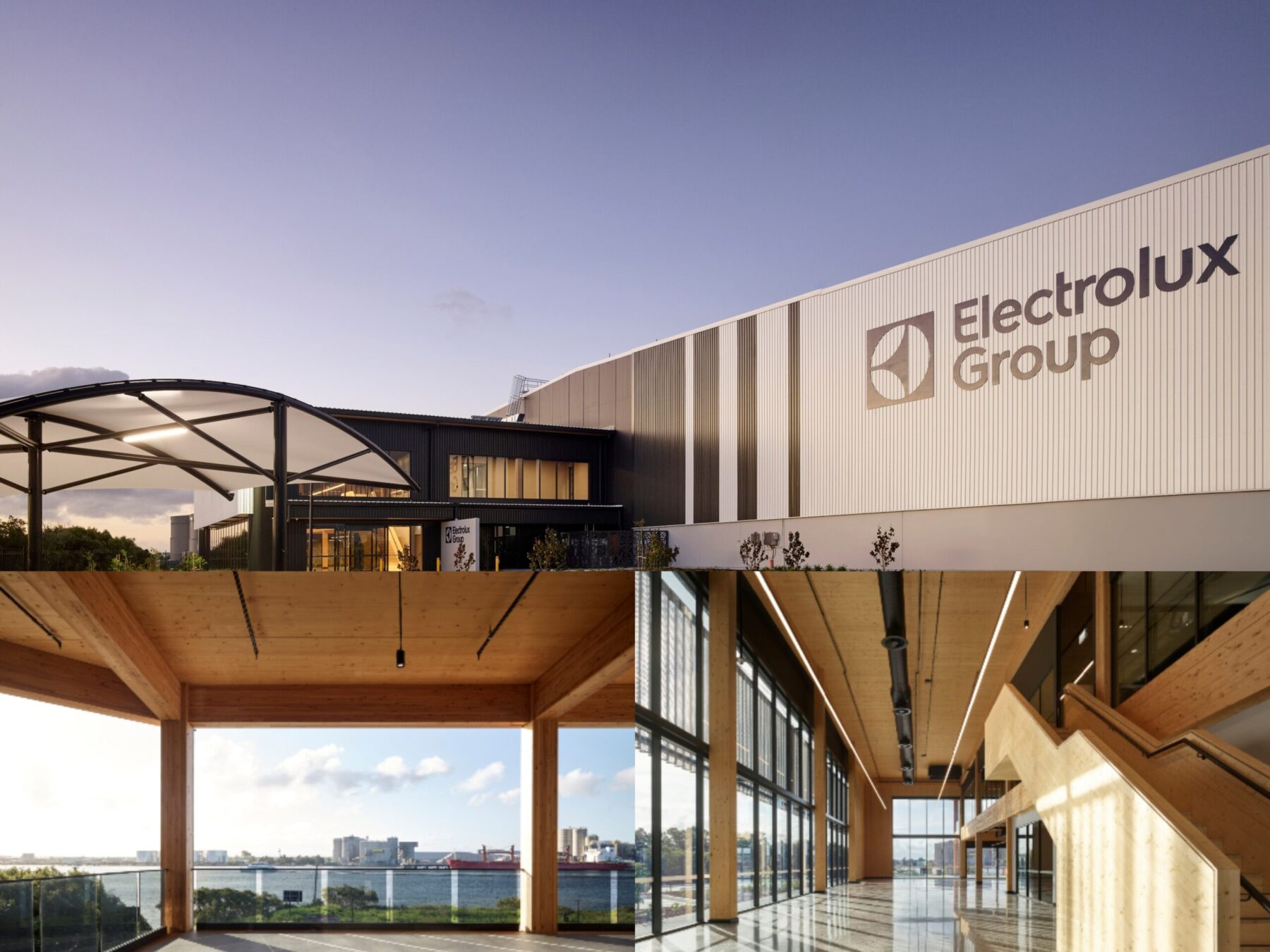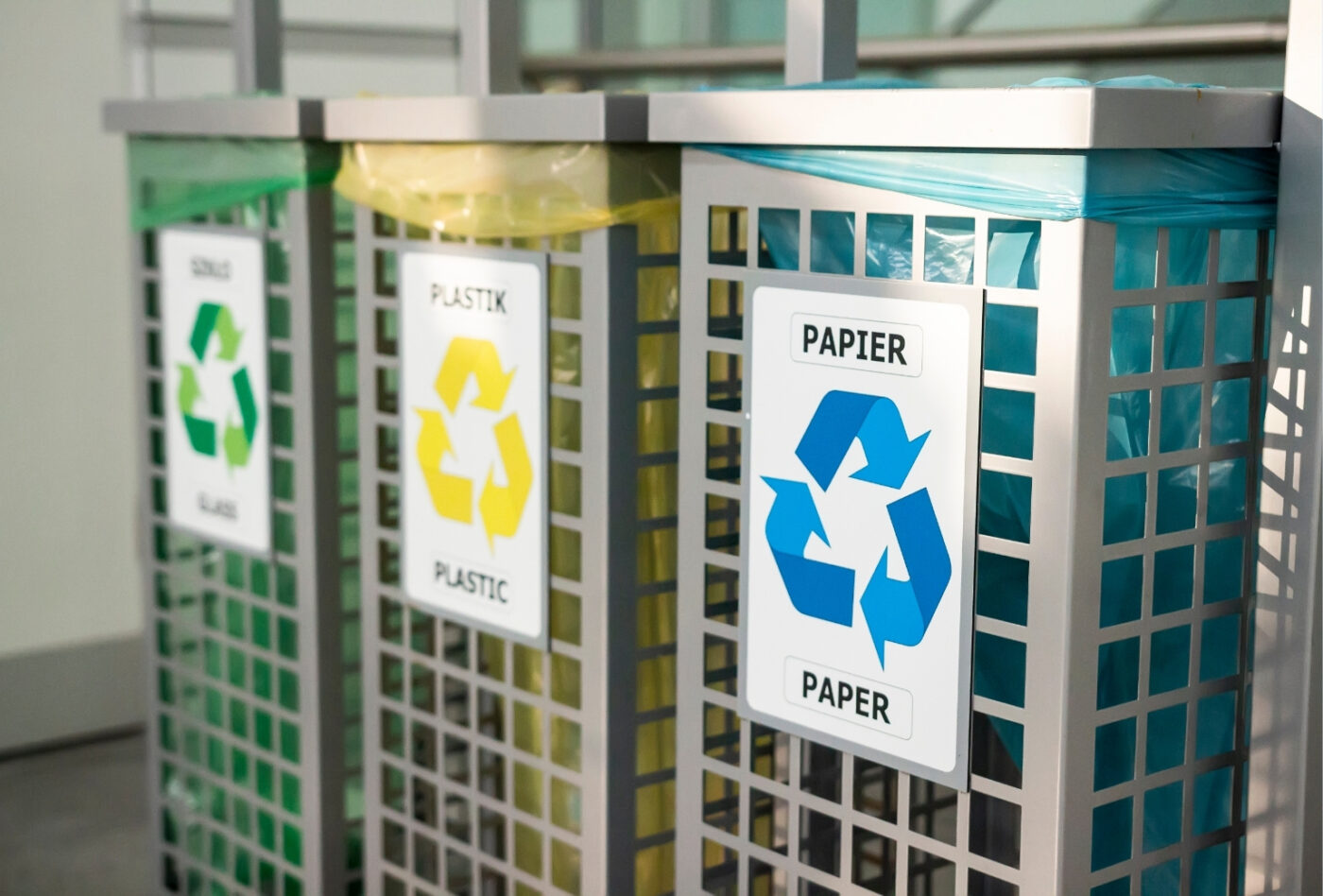Knight Frank: 95% of Middle East Businesses Set to Lead ESG-Driven Real Estate Choices
15 November 2023
95% of organisations have declared that their business ESG strategies are likely to influence their real estate choices – a clear indicator of the growing importance of sustainability to businesses and their employees, according to Knight Frank’s latest flagship global occupier research publication, (Y)OUR SPACE.
(Y)OUR SPACE is a global survey of 640 global commercial real estate leaders – 46 in the UAE and Saudi Arabia, designed to understand their attitudes towards workplace strategies, the future of work, the workplace and corporate real estate.
Knight Frank says developers who have embraced ESG ratings are recording rental premia as global blue-chip companies, driven by green mandates, have a high appetite to pay premiums for ESG-rated offices. The market’s movement towards new Grade A developments continues to surge, with domestic and international occupiers actively seeking efficiently managed, ESG-accredited, and well-maintained offices.
According to Knight Frank, ESG considerations are still a relatively nascent concept across the Middle East, there are signs that the market is responding to the global sustainability agenda. This is evident through a rising focus on occupying sustainable buildings, greater emphasis on energy efficiency, and environmentally responsible practices in property construction, operation, and management.
Faisal Durrani, Partner – Head of Research, MENA, explained: “We appear to be in the midst of a false green dawn. There is a clear disconnect between expectations and reality, with most real estate leaders (37%) claiming less than half of their current commercial premises carry a green accreditation. 67% of large organisations claim under 25% of their current portfolio of commercial space is green rated.
“Looking to the future, the bulk (37%) of our respondents claim that they expect less than 10% of their commercial premises to be ESG accredited within the next three years, suggesting progress towards being truly sustainable has some way to go for most businesses”.
‘Green’ refurbishments
Knight Frank estimates suggest that office refurbishment costs in Dubai range from AED 280-580 psf, with a further 40-50% uplift to achieve a LEED Silver certification. While these costs may appear cost prohibitive, the alternatives are limited to a change of use, a gradual decline in occupation and rents, or a ‘demolish and rebuild’ route.
While the latter may appeal to many, future development financing is likely to include carbon footprint clauses, which may bring further challenges as rebuilding often has a substantially higher carbon footprint than refurbishment. In some instances, of course, refurbishment may not be possible, not only because of the cost implications, but the building superstructure may not be able to accommodate the retrofit required.
James Hodgetts, Partner – Occupier and Landlord Strategy and Solutions, MEA, explained: “Less invasive ESG accreditations such as WELL, for instance, could be explored, which place the occupant of the space at the heart of building design – again this is something that international occupiers are actively seeking as part of their talent attraction and retention strategies”.
Amenity rich environments
In the changing landscape of office preferences, amenities have taken centre stage as a pivotal factor influencing occupier decisions. In the Middle East, occupiers have developed a distinct preference for recreational amenities, including food and beverage facilities (52%), gym amenities (48%), and well-being support facilities (46%), according to Knight Frank.
Moreover, flexibility in office space remains in high demand, with 29% of regional businesses expecting their real estate portfolios to become more complex in the coming years. While 83% of large businesses foresee their working styles remaining unchanged, 53% of small businesses and 50% of medium-sized businesses believe they will adopt different work styles.
Overall, 89% of organisations anticipate some degree of flexibility in their future workstyle, with 43% expecting a hybrid environment and 14% predicting mostly remote working environments.
In the changing landscape of office preferences, amenities have taken centre stage as a pivotal factor influencing occupier decisions. In the Middle East, occupiers have developed a distinct preference for recreational amenities.
Highlighted by Knight Frank, these preferences are driven by the strong demand for food and beverage facilities (52%), gym amenities (48%), and well-being support facilities (46%). Interestingly, small businesses anticipate a significant demand for food and beverage provisions (48%), while mid-sized businesses project that gyms (71%) will be the most sought-after amenity in the nearer future.
Hodgetts added: “It is clear that amenities enhance employee experience and productivity with benefits including improved engagement and workplace culture. The integration of amenities helps attracts talent, improves the overall workplace experience, and contributes to a dynamic work environment. In the Middle East, tenants frequently short-list buildings that have outlets offering healthy food options, on-site gyms, and access to health services such as pharmacies. Many corporate occupiers now seek to introduce wellness rooms, quiet and collaborative spaces as well as, where possible, outdoor workspaces into their offices.” “Staff that are both happy and proud in their work environments are likely to be more productive, delivering greater business productivity in the long-term. This in turn is likely to result in a business renewing its lease, or indeed expanding in situ – a highly desirable scenario in a global environment where businesses will apply greater scrutiny to real estate decision making in the future.”
Brand image is key
When selecting offices, Middle East real estate leaders prioritise their brand image. According to Knight Frank’s survey, 84% of Middle East businesses regard real estate as a strategic device, with brand image (43%) ranking as their top consideration. Furthermore, 63% of surveyed organisations anticipate occupying higher-quality offices within the next three years.
When it comes to working styles, most large businesses (83%) – many of whom have already made hybrid working (two to three days per week in the office) a key part of their occupational and talent attraction & retention strategies – do not believe their working styles will change over the next three years, whereas 53% and 50% of small and medium-sized businesses, respectively, believe the opposite will be true for them.
Overall, 89% of organisations spoken to around the Middle East by Knight Frank expect some degree of flexibility when describing their future workstyles, with 43% expecting a hybrid environment, and 14% predicting mostly remote working environments. Just 7% expect to be fully flexible in three years’ time, compared to 10% of small businesses.
Durrani concluded: “In the Middle East, cities such as Dubai, Abu Dhabi, Riyadh and Jeddah are anomalous in that they are currently experiencing Grade A office occupancy levels of 90-100%. This sits in stark contrast to many cities across the US and Europe, where office occupancy levels are still trailing pre-Covid highs, predominantly due to long and expensive commutes.
“Predictably perhaps, 47% of companies in the UAE and Saudi, with a city or country-wide remit, expect an ‘office first’ workstyle to prevail over the next three years. This lean towards more traditional working styles, clearly hints at the strong appetite and backing for the office as the main place to conduct business – rather than hybrid working styles. In contrast, 42% of businesses with a global reach expect hybrid working to dominate in three years’ time, mirroring global trends”.



